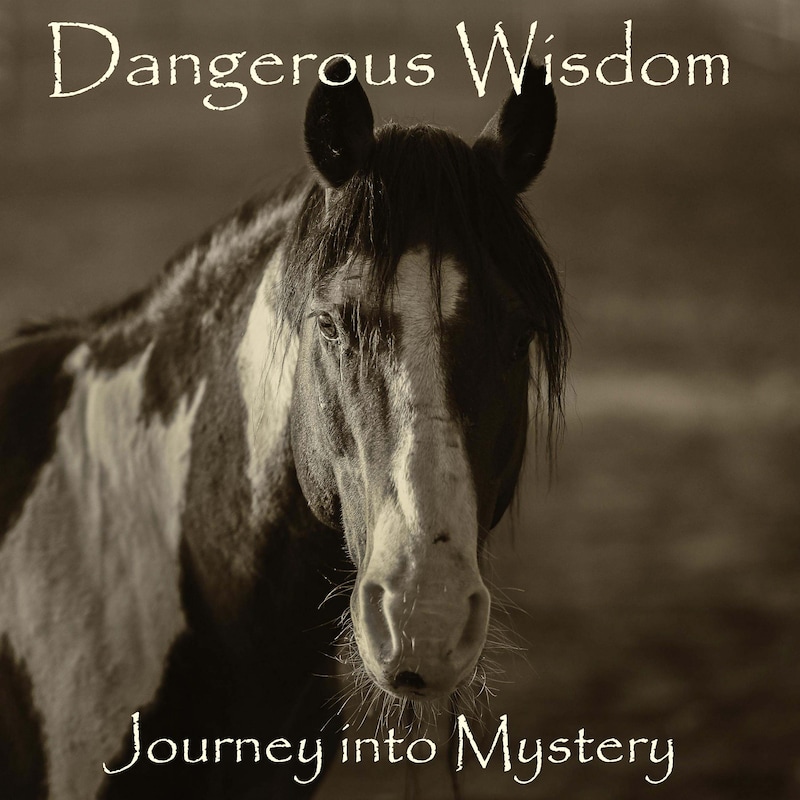The nature and scale of ecological degradation can provoke empathy distress that devolves into depression, despair, anxiety, antipathy, avoidance, and outright denial. But ecological awareness and ecological education can help us to see how much power we have when we become attuned to spiritual and ecological realities. We can actually help to heal the world—each and every one of us, wherever we live.
Imagine a national park bigger than Yosemite, bigger than Yellowstone, bigger than the Grand Canyon. Imagine a national park bigger than all three of those combined. Now imagine a national park bigger than those three combined with the addition of the Adirondacks, the Grand Tetons, the Great Smoky Mountains, Denali, Olympic, and Sequoia—bigger than all of those put together!
Imagine all the wild beings doing the work they do to further the conditions of life, all the work they do to make your life and my life possible. Imagine those beings thriving, and imagine humans thriving more in the process.
Finally, imagine that this park can become a reality—and that reality depends on you. It doesn’t depend on you in some burdensome, terrible way. You don’t have to give yourself a spiritual or physical hernia. Rather, it depends on things you can do at your own scale, something enjoyable and rewarding. And something done in the key of wonder, something that can open up the ecology of your own mind.
This describes Doug Tallamy’s project, detailed in his book, Nature’s Best Hope. This is a good news kind of book, and it can dispel our feelings of hopelessness and powerlessness, replacing them with beauty, wonder, wildness, and mutual empowerment.
Doug is the T. A. Baker Professor of Agriculture in the Department of Entomology and Wildlife Ecology at the University of Delaware, where he has authored 112 research publications and has taught insect related courses for over four decades. His principle research goal involves arriving at a better understanding of the many ways insects interact with plants, and how these interactions create diversity in animal communities.
Doug’s books include Bringing Nature Home, The Living Landscape (co-authored with Rick Darke), The Nature of Oaks (winner of the American Horticultural Society’s 2022 book award), and Nature’s Best Hope (a New York Times Best Seller). In 2021 he cofounded Homegrown National Park with Michelle Alfandari (HomegrownNationalPark.org).
https://www.homegrownnationalpark.org/




